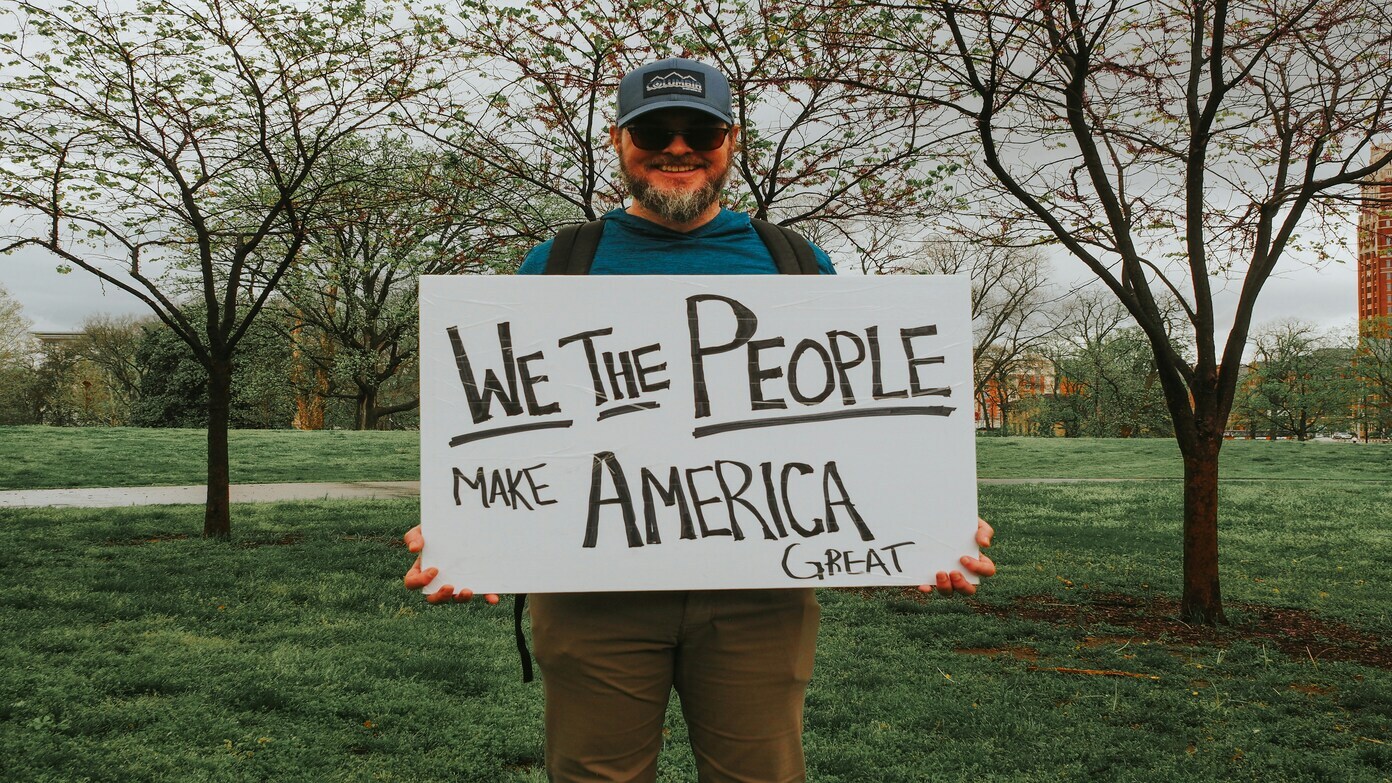Two opposing views of a single historic day
For previous generations, the date of September 11, 2001, remains as fresh in the memory — where they were, what they saw, and the instantaneous manner by which their lives had been altered. But for younger Americans, the attacks are something they learn only from teachers, textbooks, and family oral histories. This gap in memory raises questions about how history is experienced when one group lived through it, whereas the other learns only about its aftermath.
The day that changed everything
For people like Anne Kelenske, who was sitting in her office in Dearborn, watching a pocket TV, when the second plane struck the South Tower, the news reached her instantly. “We said, ‘What are they gonna hit next?’ Then, the Pentagon,” she described. Life was brought to a halt as planes were grounded and fear crept in.
Others, like Tom Hendricksen, still remember vividly where they were when they saw the events unfold on television. “Boom,” he said. “I’ll never forget it. It’s scary thinking that war could happen any day.”
For the majority who lived through it, 9/11 wasn’t so much about the attacks as about the acceleration that followed—the armed forces mobilization, the opening up of the country, and the agony of seeing responders and survivors fail in the years that followed.
Younger Americans see it differently
For today’s college students, it is just a historical occurrence. Chase Carlson, a student at Ferris State University, summarized it this way: “To us, it’s just something that happened in history.” For him and most from his generation, the impact is not from personal memory but from classroom learning and documentaries.
FSU sophomore Noah Brose added that while the images of the towers are striking, his generation never knew a world before TSA checkpoints and long airport lines. “I didn’t know anything without the TSA,” he said. “That’s all we’ve known.”
This means their understanding of 9/11 is shaped less by shock and more by the policies and restrictions that followed.
A generational shift in tragedy
Older Americans are apt to say that young people do not seem to be as dismayed by tragedy. “Now every day, you hear something happening. People aren’t shocked like they used to be,” Hendricksen said. Carlson agreed, adding, “There’s always something bad happening. People just kind of move on.”
For today’s students, the defining moment of disruption may not be 9/11 but the COVID-19 pandemic. FSU sophomore Thomas Newman said his school years were marked by virtual graduations and half-remote classes. “You couldn’t talk to anyone,” he said. Another student, Anderson, agreed: “COVID’s a pretty big one. We’re still kind of dealing with the effects of that.”
The comparison is made to serve the purpose that every generation has its own “where were you” moment — Pearl Harbor, 9/11, or the pandemic.
The significance of keeping memory alive
For people who lived through 9/11, there is concern that its relevance is lost once the years pass. “They didn’t get to see how Americans united after 9/11. That was incredible,” responded Wendy Nystrom, a Texas resident at the time. She recalled the way military bases hummed with activity within days and how the sense of vulnerability shocked the nation.
Others, including Nystrom, believe that remembering is a responsibility. “Although it wasn’t so long ago, younger generations must bow their heads for the individuals who passed away,” she stated. “It wasn’t just Americans. The world stood behind us.”
Others, including Carlson, fear it will be overshadowed by more tragedies down the line. “Something else will happen, and that is the new dialogue,” he stated.
In the future
Generational memory of 9/11 shows how history changes when it travels from lived past to lesson plan. To older Americans, the attacks are a formative event. For younger generations, it is history buried beneath newer crises and challenges.
However, remembering is still crucial. Either through personal stories, curriculum in school, or national landmarks, bridging the generation gap allows the importance of September 11 to continue living on after those who witnessed it themselves.
Read this later:
From Mini-Shampoos to Room Guides: The Hotel Room Amenities That Are Disappearing
What is Nebius? Shares soar 51% on Microsoft AI deal
New Yorkers: STAR Program Checks Are Hitting Mailboxes Now — Get Up to $1,500 in School Tax Relief
Warning for New Yorkers: Scam artists using fake QR codes on parking meters to steal your money
Warning for dog owners: not declaring your pet can lead to insurance being cancelled
Buy now, profit later? Klarna IPO puts investors to the test

